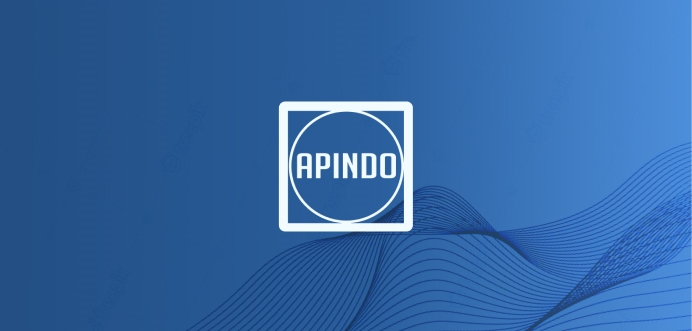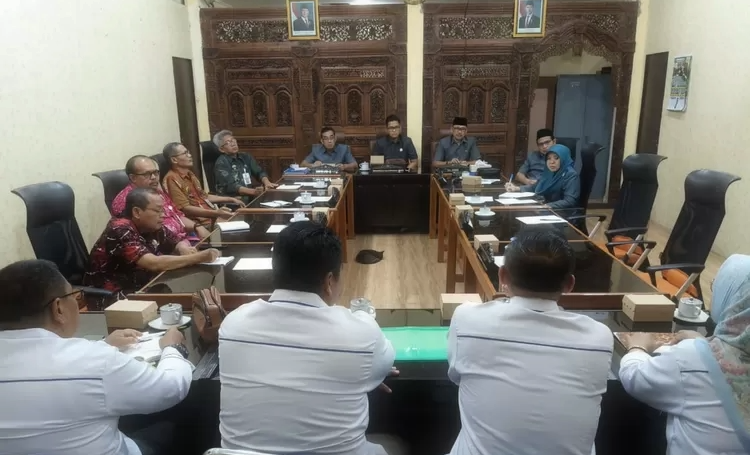Apindo Lampung: Gen Z’s Hard Skills and Soft Skills Must Be in Balance
Saturday, 27 September 2025
Bandar Lampung – The Provincial Board of the Indonesian Employers Association (DPP Apindo) Lampung provided an explanation regarding the importance of soft skills among Generation Z (Gen Z).
Soft skills refer to a set of interpersonal, social, and communication attributes that enable individuals to interact effectively with others and manage themselves.
Unlike hard skills, which are measurable technical abilities, soft skills are more abstract, subjective, and closely tied to one’s character and personality—such as communication, teamwork, leadership, adaptability, and problem-solving.
Bernad Horas Simanjuntak, Head of the Manufacturing Industry Division at DPP Apindo Lampung, speaking on behalf of DPP Apindo Lampung Chair Ary Meizari Alfian, emphasized the need to pay attention to Gen Z’s soft skills.
“Gen Z’s soft skills must be observed from several perspectives, including emotional intelligence and communication, as well as collaboration,” said Bernad H. Simanjuntak on Saturday (September 27, 2025).
He explained that emotional intelligence includes the ability to manage emotions and show empathy toward colleagues.
“In some cases, when they are reprimanded, Gen Z employees may refuse to accept criticism or acknowledge shortcomings in their work. Some even tend to challenge the company by resigning and moving to another employer that they feel is more aligned with their personality,” Bernad added.
In terms of communication and collaboration, he noted that many Gen Z employees prefer to work alone.
“They will try to find their own way if they feel that collaboration is not aligned with their perspective,” he said.
Bernad stated that at the operator level, there is generally no difficulty because of link-and-match programs that connect vocational schools (SMKs) with companies. These programs equip students with proper attitudes and behaviors before entering the workforce.
“Challenges are more common at the foreman and supervisor levels, where employees usually have a D3 or S1 (diploma or bachelor’s degree) background,” said Bernad, who also serves as AVP – Head of Human Resources at PT Nestlé Indonesia Panjang Factory.
He explained that companies typically provide training for Gen Z employees in areas such as time management, emotional intelligence, problem-solving, critical thinking, and digital tools such as Power BI and Power Apps to simplify work processes.
Regarding how companies assess the balance between hard and soft skills in recruitment, Bernad said employers look for positions that match business needs and align with educational backgrounds, especially in technical and science-related fields such as robotics and IoT, artificial intelligence and machine learning, and cloud computing (AWS, Azure, Google Cloud).
“Gen Z must understand digitalization, be proficient in English, and maintain a good balance between hard and soft skills,” he stressed.
He advised Gen Z job seekers to strengthen not only the hard skills they acquire through formal education but also their soft skills, to ensure proper attitudes and behavior in the workplace.
Meanwhile, Surya Lukita, Head of the Labor Market Center at the Ministry of Manpower (Kemenaker), revealed why many companies are currently reluctant to hire Gen Z workers.
According to Surya, this is due to the perception that Gen Z lacks strong soft skills and interpersonal abilities.
Source: lampung.tribunnews.com









